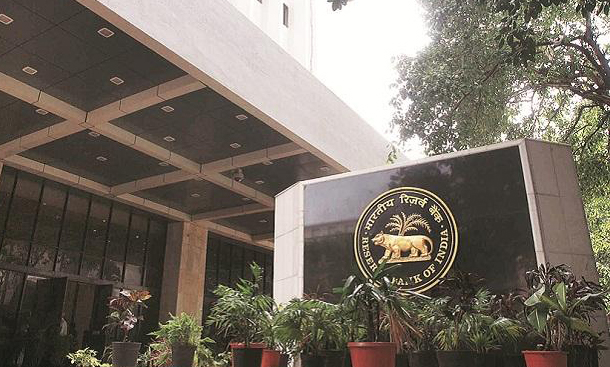The Reserve Bank of India (RBI) said on March 6 that it had imposed a fine of Rs 3 lakh on Nakodar Hindu Urban Cooperative Bank Ltd.
The RBI said the move was based on deficiencies in regulatory compliance and was not intended to declare the validity of any transaction or agreement entered into by the bank with its customers.
The compliance of the supervisory action framework (SAF) review report filed by the bank dated July 26, 2021, revealed that it offered higher deposit rates for various maturities offered by SBI without complying with SAF directions, Reserve Bank of India said.
Based on this, the central bank said it had issued notifications to banks advising them to explain why they should not be fined for violating specific directions given by the RBI.
After considering the replies and oral submissions made by the banks during the individual hearings, the RBI has concluded that the non-compliance was substantiated and justified the imposition of a fine, the RBI said.
Enforcement actions by RBI are carried out by law enforcement. The RBI’s EFD was established in April 2017 to separate enforcement actions from the regulatory process. EFD identifies actionable violations from inspection reports, risk assessment reports and audit reports
Market intelligence reports, references to top management, and complaints are also used in the investigation. The Adjudication Board then adjudicates the violation and determines the penalty amount. Penalties thus imposed will be disclosed by the RBI as a press release and by the regulated entity by the disclosure norms. The regulated entity will then be required to pay the fine within a certain period.
 Live
Live

